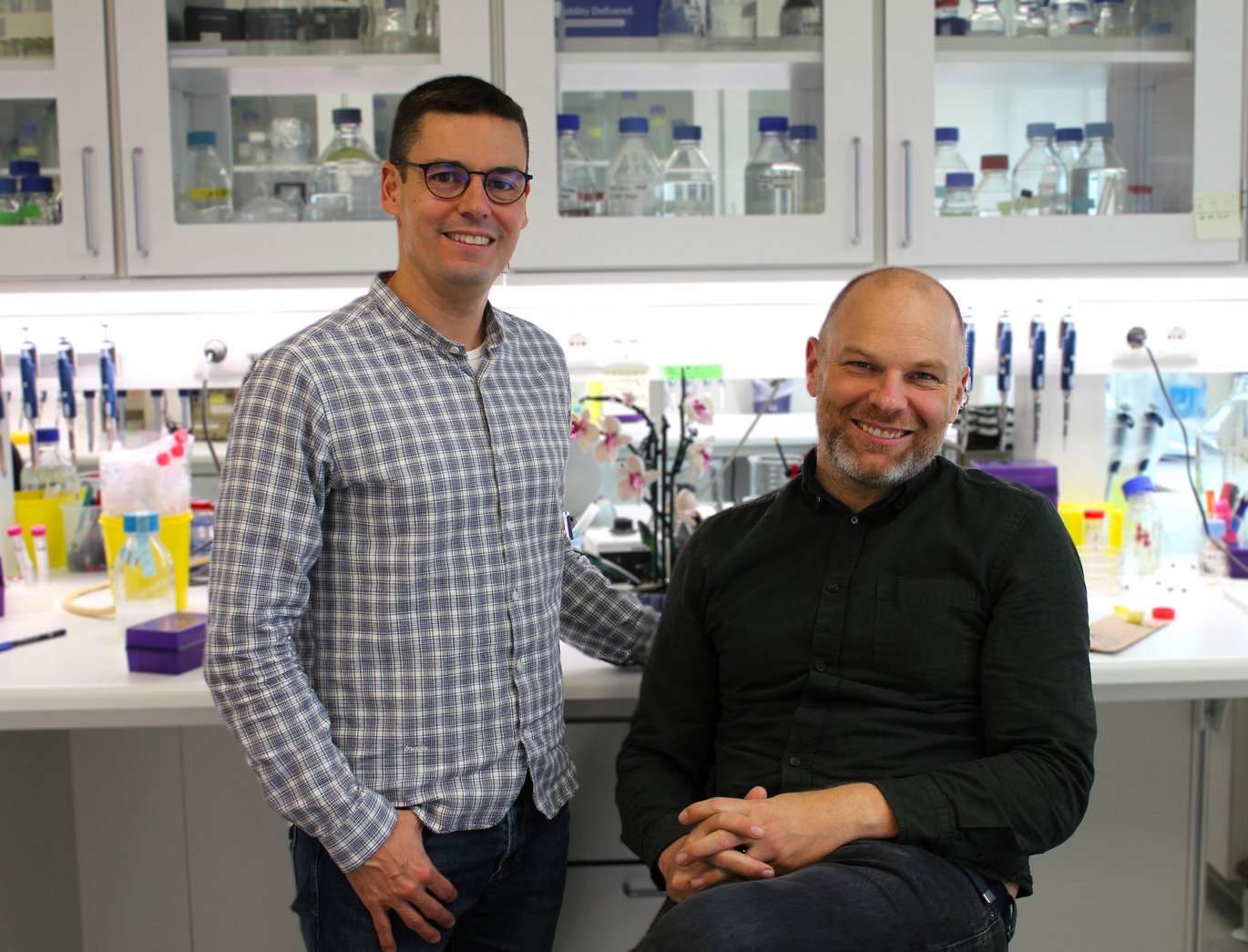60 Million DKK Grant to new research center to study plant adaptation by insights from Neuroscience
A new basic research center supported by the Danish National Research Foundation aims to revolutionize our understanding of how plants adapt to environmental changes, among other things, by incorporating research on brain membrane receptors. DANDRITE senior group leader is among the center’s researchers.

At first glance, it might be difficult to see what neuroscience and plants have in common, but it turns out to be more than one might think. This connection will now be explored in a new basic research center at MBG.
The center, named Plant-PATH, will bring together world-leading researchers in the fields of plant physiology, qualitative modeling, and biophysics. The aim is to uncover and understand how the transport of plant hormones is affected by environmental changes.
One of the affiliated researchers is Magnus Kjærgaard, senior group leader at DANDRITE. He researches how signaling mechanisms are organized in the cell by long flexible tails on membrane receptors. This is crucial for understanding communication in the brain and the formation of memory.
"At the molecular level, plants and brains look surprisingly similar," says Magnus Kjærgaard, elaborating:
"We know that similar tails are important for proteins that transport hormones in plants, but we don’t yet understand why. Plant-PATH allows us to clarify this."
Plant hormones act as signals that instruct plants on how to grow and respond to their environment. A central thesis of the center is that controlling where hormones are located within the plant will determine the plant's ability to adapt to a changing environment.
The goal is to understand the fundamental principles behind plant hormone transport and distribution. Plants have highly complex chemical signaling pathways controlled by a distributed network of hormones. This complexity currently prevents researchers from predicting how plants will respond to environmental changes at the molecular biological level.
According to Magnus Kjærgaard, there is great potential in bringing different areas of biology research much closer together than has been done in the past:
"Historically, there has been much more research in areas of medical interest than in other fields of biology. We see great potential in transferring some of the expertise that has been developed to an entirely different organism."
The center will receive six years of funding, with the possibility of a four-year extension. Professor Bjørn Panyella from the Department of Molecular Biology and Genetics will be the director of the new center.
For more information or interviews, contact:
Professor Bjørn Panyella Pedersen
Email: bpp@mbg.au.dk
Phone: +45 29723499
Associate Professor Magnus Kjærgaard
Email: magnus@mbg.au.dk
Phone: +45 87150456